|
Nick Carrington
EPLA Blog Editor The Christmas season often elicits memories of family and friends, traditions, and new beginnings. It’s a time where we come together with those we love and sometimes, remember those who are no longer with us. Growing up, we always went to my grandparent’s house for Christmas. We went to church as a family on Christmas Eve and got Buffalo Wild Wings afterward. My grandmother made cinnamon rolls, and we watched either A Christmas Story or It’s a Wonderful Life. On Christmas morning, we opened presents and then ate an enormous breakfast of eggs, pancakes, bacon, sausage, toast, and orange juice. Almost every Christmas memory I have as a child involves my grandparents, how they cared for us, and how they made life better. Now that they’ve passed, Christmas is also a time to remember them and their love for our family. At EPLA, we talk about remembering children quite a bit. Because family is such an important part of the season for many, Christmas is a wonderful time to show loved ones that you remember and care about their children. One subtle way to celebrate children lost to miscarriage is to hang an ornament in their honor. On our tree, we have ornaments for each of our four children that coincides with a time in their lives. The Thomas the Train decoration no longer holds much meaning for my 8 year old, but it reminds his mother and I of the little boy who knew the names of 50+ trains. For children lost to miscarriage, we might hang an ornament with his or her name on it, if the parents named the child. Or we might purchase one that is particular to the family and child in another way. The point is to make that child a part of your traditions, to remember him or her. Children lost to miscarriage are family, and just as we might remember other loved ones who aren’t around anymore, we can remember those children as well.
1 Comment
Over at Hope Blooms Emily, Nick, and Maria have been tackling the challenges that face loss parents, friends, and families during the holiday season. Be sure to check out some of our favorite episodes.
The Shadow of Loss: Due Dates, Thanksgiving, and Babies Emily's first Thanksgiving after two miscarriages was very hard. In this episode Emily remembers the agony she felt passing her own due date, welcoming her new nephew, and failing to help in the kitchen. Our Friends and Family Grieve With Us Emily Carrington sits down with her brother-in-law, Nick Carrington, to talk about walking through miscarriage with loved ones. Nick addresses his own grief watching his family suffer miscarriage while also recognizing his role as a support person. Be Gentle With Yourself? What Does that Even Mean?! (Live December 20, 2022) We are quick to prescribe gentleness in times of grief, but do we even know what that means? Has the command to be 'gentle with yourself' become just one more thing to do in a time of helplessness? How do we understand gentleness in a way that allows for healing and restoration. Emily and Maria start the conversation digging in to what 'being gentle with yourself' might look like, especially as we prepare for the Holidays. By Nick Carrington
UK women’s basketball coach Kyra Elzy recently discussed her six heartbreaking miscarriages. In the piece, two themes emerge from her comments. The first is that losing the child in womb is traumatic. Elzy even says she thought about harming herself. “And then the fourth one [in 2015]... that was the one that probably just broke me," Elzy said. "We went in to get the ultrasound and hear the heartbeat and there was no heartbeat. And at that moment, I was literally like... I thought I was going to die." Elzy says she was on suicide watch at that moment and couldn't get out of bed or sleep. Her pain is not of someone who lost hopes and dreams but of those who lost sons and daughters. Elzy and her husband adopted, but the pregnancy loss didn’t stop there. As she discussed two more miscarriages and how devastated she was, the second theme emerged: loss parents too often have to grieve alone. "The thing about miscarriage, nobody can grieve with you, so it's not like I had a physical baby I could show someone," she said. "If I had a stillborn, people could come to a funeral. It's hard for people to grieve with you, it's like... it didn't happen." In Elzy’s painful story, we see the reality: miscarriage is traumatic and grieving alone often makes that trauma worse. We encourage you to read the entire piece By Nick Carrington
Hope Blooms Editor I wish I knew. Not that I would have known what to say or do at first, but the shock of it all was a lot. When my friends and siblings started getting pregnant, I couldn’t conceive of anyone losing a child. There were only good vibes and happy endings to come. It came in waves. Family and friends, a few connections to my students. So many lost children with parents struggling in the wake. Everywhere I looked, there was grief. Before that time, miscarriage was a foreign term, something that happened outside my circle to an unlucky few. Then, in six months or so, I knew five, six, seven families all swimming through pain, trying to make sense of what had happened and what it meant. I wish I knew. But now I realize that knowing isn’t enough. Knowing how common miscarriages are would have lessened the shock, but it wouldn’t have taught me how to respond. It wouldn’t have taught me how to play a role, however small, in the healing process for those I cared about. I wish I knew, but my desire didn’t stop there. With each miscarriage, I longed for peace, a sense of wholeness for my loved ones, even if that wasn’t possible. I wish I knew how to ease their burdens, celebrate their children, and be there for them. As we come out of miscarriage awareness month, we must remember that making people aware is just the first step, though a necessary one. They also need to know how to care for and love on hurting families. The EPLA exists so that no one has to suffer through the pain of miscarriage alone. As an organization, we can’t address every need for loss parents, but we can prepare others to help their loved ones. Awareness is key, but it’s not enough. Join us as we seek to build a community that understands the complexities of miscarriage and seeks to lift the burdens of those afflicted. By Maria Servold
Earlier this month, we gave another 500 small miscarriage care kits to Metro Detroit Share, an organization we have partnered with since 2020. For the last several years, MDS has taken 500 small miscarriage care kits at a time to distribute to women suffering early pregnancy loss all over the state of Michigan. Every time we prepare 500 more kits for MDS founder, Angie Winton, to pick up, we are excited - we’re glad to support women across Michigan in such a concrete way. But, each round of 500 also brings a sense of sadness, because those kits represent 500 more women who have lost babies. Since our founding, we have known that providing material support to women suffering loss is key to helping them through the grief and pain of miscarriage. We know the pain these women are feeling, and while we are glad to help them in whatever small way we can, our efforts do not erase their suffering. One Hillsdale mother, Lauren Smith, said she first thought of reaching out to EPLA when her sister thought she may be miscarrying: “About a year ago, my sister thought she might be experiencing a miscarriage. At the time, it was a real blessing to know how and where to quickly obtain a miscarriage kit for her, thanks to the EPLA's work in Hillsdale County. Fortunately, the spotting subsided, and a healthy, beautiful baby was born a few months later.” Unfortunately, Lauren herself experienced a miscarrage this year, but said she is grateful for EPLA’s tangible resources found in our early loss kits. “Earlier this spring, I found myself in the same situation, spotting, cramping, and anticipating a miscarriage at seven weeks. A dear friend (and founding member of the EPLA) dropped off a miscarriage kit on my doorstep as soon as she learned about our situation. Despite the heartbreak of losing a child, I was comforted knowing that I had everything I needed on hand.” “The kits are prepared by women who have suffered the heartbreak, the disorientation, and the isolation of a miscarriage, and the kits are a tangible reminder that you are not alone in your loss.” While we wish no one had to suffer miscarriage, we’re grateful for the priviledge to provide kits to women like Lauren all over Michigan and throughout the U.S., who are in need of physical and emotional support during the loss of a child. We’re happy to continue to give hundreds of kits to Metro Detroit Share and individuals, but we will always remember that a kit given is a baby lost. By Nick Carrington
Hope Blooms Editor My parents have lived in the same county since before I was born. When I visit them, I see the relics of my childhood. The McDonald’s where we’d stop for milkshakes after church on Wednesday nights, the marina where I would feed ducks with my grandparents, the local burger place that serves patties so small that you must order three or four to get your fill. These places warm my heart, remind me of how blessed I was growing up. I want my kids to understand that history, the way it shaped me for better and worse. But each time I go home, I also pass a graveyard on a hill. The cemetery rises behind an old country church that couldn’t seat more than 50 people, with a parking lot made for 20. The largest store within a few miles is the Family Dollar, a relatively new addition to an area where the houses look more like emergency shelters than homes. In that graveyard lie the remains of my beloved grandparents and their two sons, one who died in infancy and another from cancer in his 30s. I have so much to tell my children about my grandparents. My grandmother would rush to our house every time we were sick, taking care of us while my mother worked at the local hospital. She made our favorite dishes and covered us with blankets. My grandfather would pick my friends and I up from the golf course and take us to dinner, paying for the food every single time. He’d then drive us home, about half an hour away. I never had the chance to know my uncles well. I have only one memory of the one who died as an adult. He was coughing in bed, the room full but filled with silence. The end was near, and truth be told, he already looked like death. His brother, the one he never truly met, was his twin, taken by a condition that could be addressed today. There are no memories of them to share with my kids. No legacy of kindness and sacrifice. And yet, sometime soon, I will take my kids to that graveyard and stand them in front of those family tombstones. I plan to tell them all about their great grandparents, how they loved me well. How their home felt like my own. But I will also tell them about their great uncles, how precious they were to our family even though they were gone too soon. My kids will hear about the truck my family owned, once my uncles, and how my mother cried the night someone stole it and crashed into a tree because it was all we had left of him. They’ll hear the tales, as well as I can remember them, of how hard my grandparents worked to save their 9 month old and how their love for him never stopped, even as they grieved his death more than 50 years later. My kids will see how much I wanted to know my uncles, how our family feels so hollowed out, so thin without them. That cemetery behind the old, white church reminds me that we dignify those we’ve lost because they are a part of our families, our loved ones, and us. To honor them all will do good to my heart, but it will also help my children understand how to honor their four cousins who died in the womb, the ones they never played with. We remember them all, knowing that while gone, they are still our family, still a part of our story. Emily Carrington, EPLA Executive Director
Ten years ago many women felt like they could not share their miscarriage. The norm was to keep your pregnancy a secret until 13 weeks and then lie about pregnancy loss if it happened. Maria and I candidly tackled this issue in our latest podcast on Hope Blooms. In this episode we see that it is clear that a world that forces women into silence and isolation is not one that respects, honors, and dignifies these mothers - but what are the risks of going too far the other way? Do you have to shout your miscarriage? No. At least we hope not. And that is certainly not the world we envision. We want a world where women are given the proper physical, emotional, and spiritual care after an early pregnancy loss, where the loss of life is honored as a death and where the physical journey is truly protected, not ignored. Some women may find comfort in sharing their story publicly. Many want to write, talk, or outwardly provide service or care for other suffering women. We see this in the work that has gone before us. But silence, meditation, and introspection are also dignified. A woman should feel free to wrestle with her grief without the culture heaping on confusion or lies. Just as we all deal with the death of a loved one, a cancer diagnosis, or any other tragedy in different ways, women will express their miscarriage differently. What is important is that we love her and take care of her needs as informed and connected support people. This October we all have the opportunity to join women and families suffering pregnancy loss, and I hope one day we will see a world where we don’t need an awareness month because women are receiving the love and support they need all year round. If this October you need silence, rest, and introspection - I urge you - please take it. You do not have to shout your miscarriage. By Emily Carrington
EPLA Executive Director Fall used to be my favorite season. The pumpkin spice latte, leggings, scarves & sweaters, fall activities, pumpkin picking, Halloween, everything - I LOVED EVERYTHING about fall. Now as the air changes I feel a sense of dread. The smells trigger sadness, and I find myself in a sense of general malaise. In some ways, these were all the things I thought I loved about fall. I loved that fall had a feeling, that fall was a rhythmic dying to give way to winter. Fall was a complicated season, and I loved thinking I was complicated. But that was before my babies died. In September 2014 I was pregnant with our second pregnancy. I had lost my first baby in May at 11 weeks gestation. But I had hope that this time, everything would be fine. Everything was not fine. In late September I learned our baby once again had no heartbeat, and I went on to labor at home, delivering our second little one in early October. As I muddled through the grief of this second loss, I quickly approached the due date of our first baby. We were supposed to have a baby the week of Thanksgiving. Now I had lost two and was buried in grief. I laid in bed, sobbing through Thanksgiving preparations. The following year, in late August, I learned I was miscarrying before I even knew I was pregnant. I did not consciously associate my losses with fall. I did not poetically tie together the passing of nature and the passing of my babies. But now, many years later, my body reminds me. As fall comes, so does my sadness. But this year I hope to redeem the fall. Fall brings death, but it also brings rest. While many flowers die, others simply go dormant. While leaves fall, trees rest. Nature takes the winter to prepare for spring. We welcome the rhythm of fall because our bodies need rest. I want to give myself that rest this year. Rest from grief, rest from worry, rest from dread. Maria Servold
Later this month, I will pass a significant milestone - 10 years since my miscarriage. I lost my first baby at nine weeks gestation on September 29, 2012. There are certain moments I remember distinctly from the early weeks of that pregnancy (my first) and the miscarriage. I remember the joy I felt when I saw the two pink lines on a positive pregnancy test, and the excitement my husband and I felt when we told my parents. … being glad I didn’t have much morning sickness, but wondering if that was a bad sign. … when I began to have some light spotting while at a mall with a friend on Saturday, Sept. 29. … when later that night I began bleeding profusely and my husband and I rushed to the ER. … the doctor who treated me, and how he yawned and seemed disinterested while telling me “you’re probably miscarrying.” … waddling between the bathroom in the ER and my curtained stall, passing large clots and, I assume, my baby’s body. I was never able to recover it. … the incredibly kind nurse who saw me crying in the ER hallway and gave me the best, most comforting hug I may have ever gotten from a stranger. … going home knowing my baby was gone. … 10 days later when I began bleeding profusely again and had to undergo a D&C. … the nurse I had in the ER before the D&C, and her cute, pregnant belly. She offered to find another nurse if her being pregnant upset me. … telling my boss to tell my students that I had the flu, so they wouldn’t wonder why I wasn’t teaching for a while. Most of all, I remember the feeling of emptiness in the days and weeks following my loss. But - I also remember these things: …The way my husband took care of me and supported me, even when he wasn’t sure what to do. …The way my father-in-law (who was in town when I had to make my second trip to the ER) made dinner for several nights, since I couldn’t. …My aunt telling me I had an angel waiting for me in heaven. …When I first met EPLA’s founder, Emily Carrington, and how she openly talked about her losses, inspiring me to do the same. …The first focus group we held in 2016, when we tried to figure out what miscarrying women need and how, maybe, we could help them. …When Emily asked me to join the board of EPLA and the five of us on the board began building the organization. …When we delivered our first batches of miscarriage care kits around our city and eventually, the country. …When we went to a perinatal loss conference and doctors and nurses told us “thank you” for developing the care kits. Now, 10 years and three live births later, there isn’t a day that goes by that I don’t think of that first baby I lost. I’ll never “get over” that loss, nor will I forget some of the painful moments during and after it. But, I also take solace in the fact that I get to help other women through their own losses with the Early Pregnancy Loss Association. By Maria Servold
EPLA Executive Director One of the things we often talk about on this blog is the tendency of women and families who suffer miscarriage to feel alone. It is our goal that none of them feel lonely or that “I am the only one” after a loss, and we’re glad to see more and more organizations entering into the important work of supporting women after loss. Recently, I came across an Instagram page that posts beautiful reflections on miscarriage, called The Understanding Heart, and it’s blog by the same name. The account’s first post, from September 2021, describes the page’s mission: My hope is that this account can act as a safe space for families suffering through pregnancy loss of any kind. My goal is always to break the stigma of miscarriage but also to empower the women and families in the throes of grief to know that their pregnancy matters, their baby matters and their grief is as real as it would be had their babies made it earth-side. I look forward to sharing pieces of my own story with you and listening to your stories of the sweet babies we weren’t able to hold long enough. I hope this page finds you when you need it most. Even though healing is not linear, we don’t have to heal alone. Many of the page’s beautiful posts offer words of support, affirmation, and love to those suffering loss. It’s a great page to share with someone suffering a miscarrige. I found it helpful and informative, even nearly 10 years after my own loss. -- Another relatively new organization providing support to women after miscarriage is Evermore Blooms. The company delivers flowers to women after pre-20 week loss, thanks to the generosity of anonymous donors. The founder says she received a bouquet of flowers anonymously on the two-year anniversary of a miscarriage, and was inspired to bless other women the same way. What a beautiful idea! The group also offers other gifts and an online Facebook community for loss moms, called the Flower Patch. We are so grateful to see other groups that seek to support women after early pregnancy loss beginning to “bloom.” |
Archives
December 2023
Categories
All
|

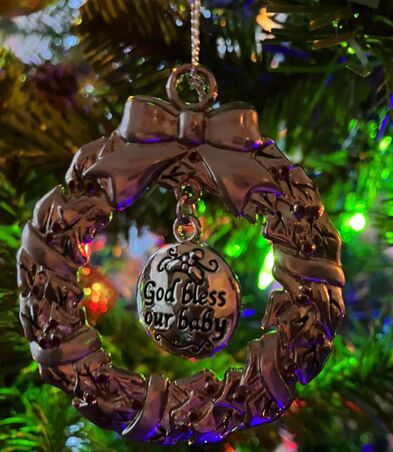
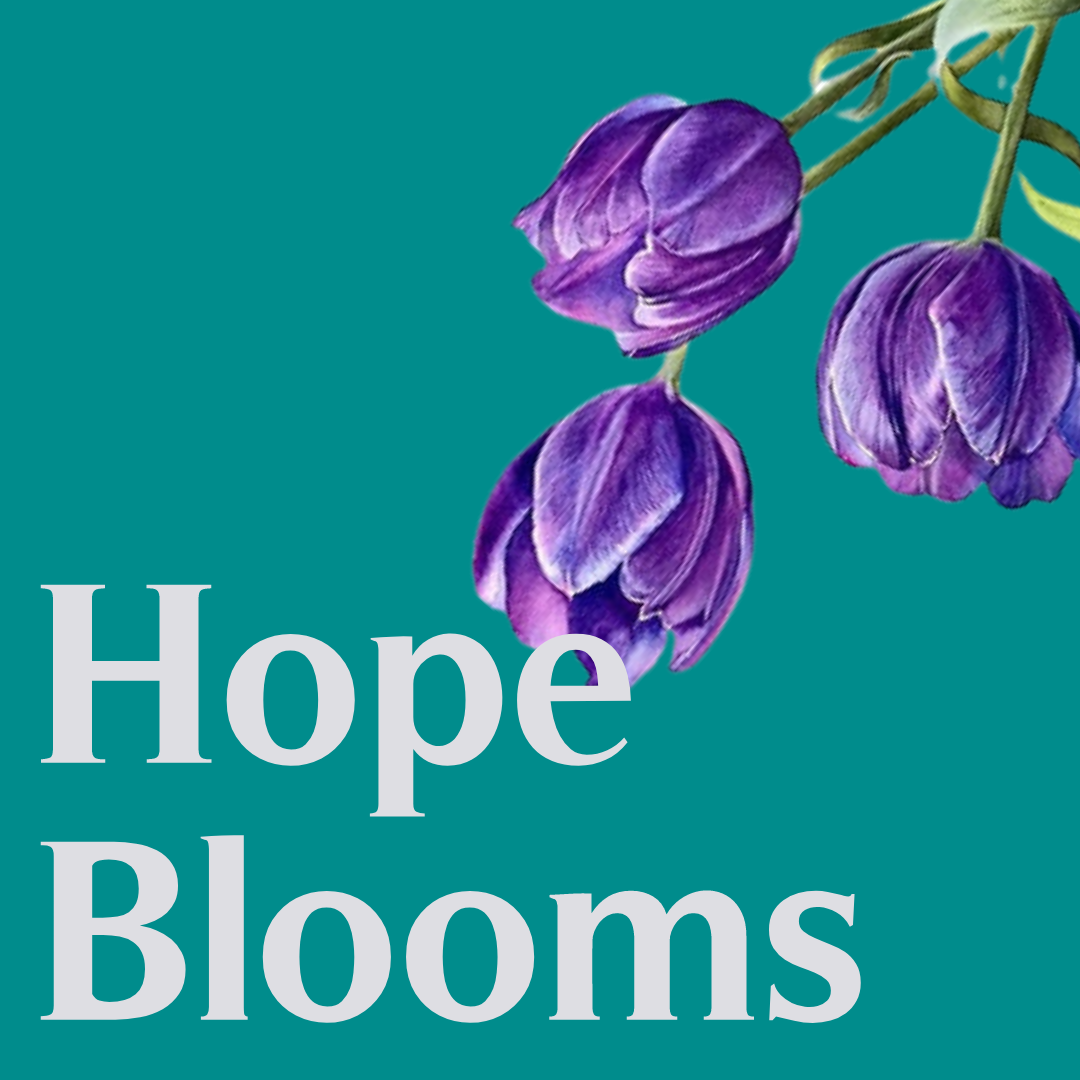

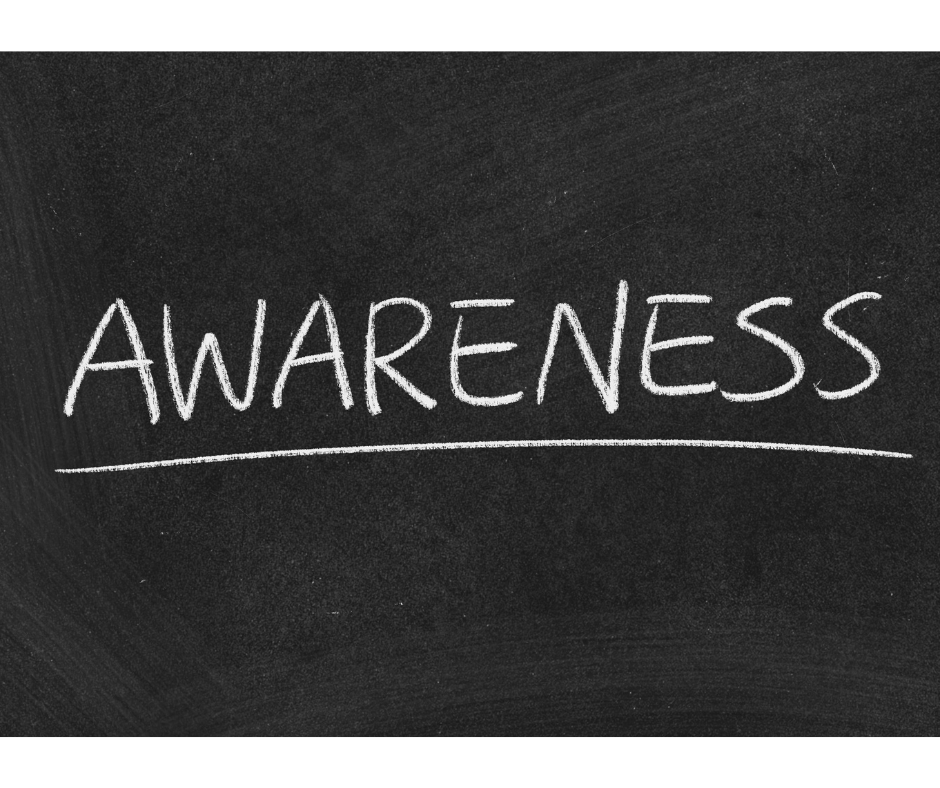
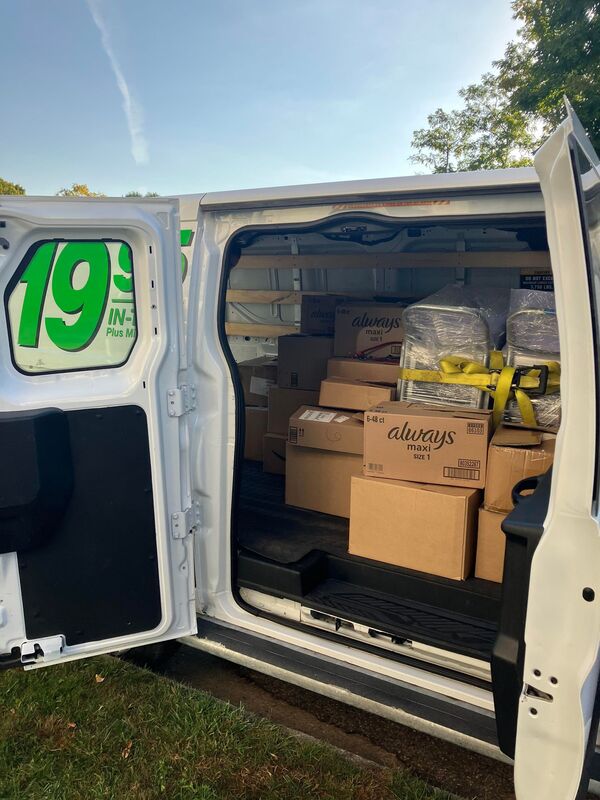
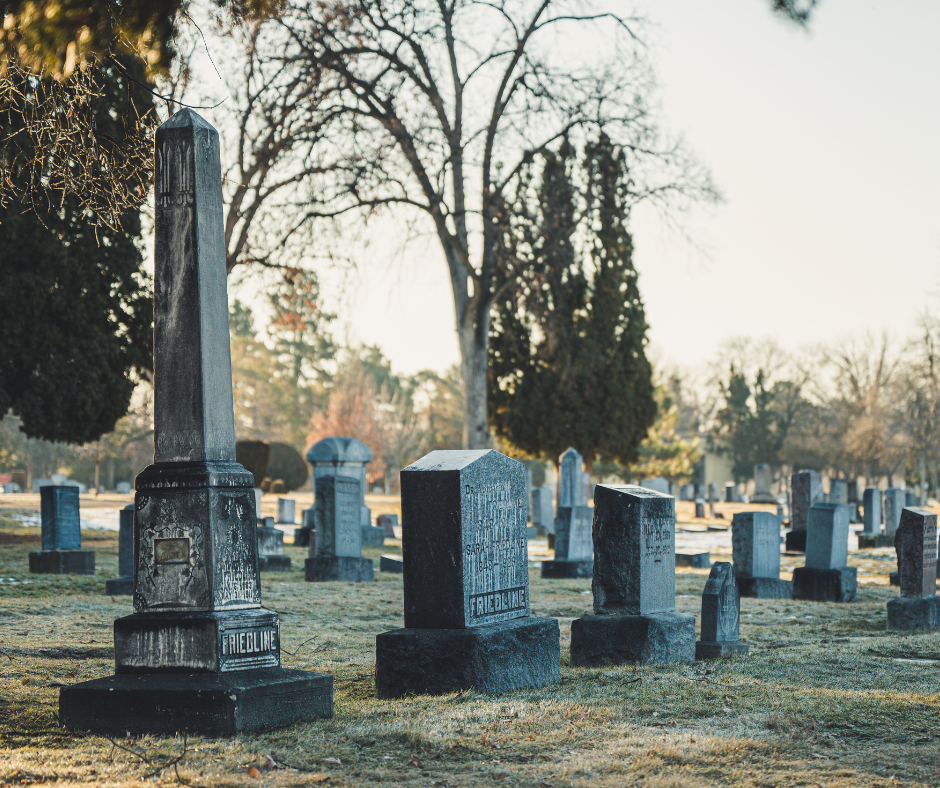
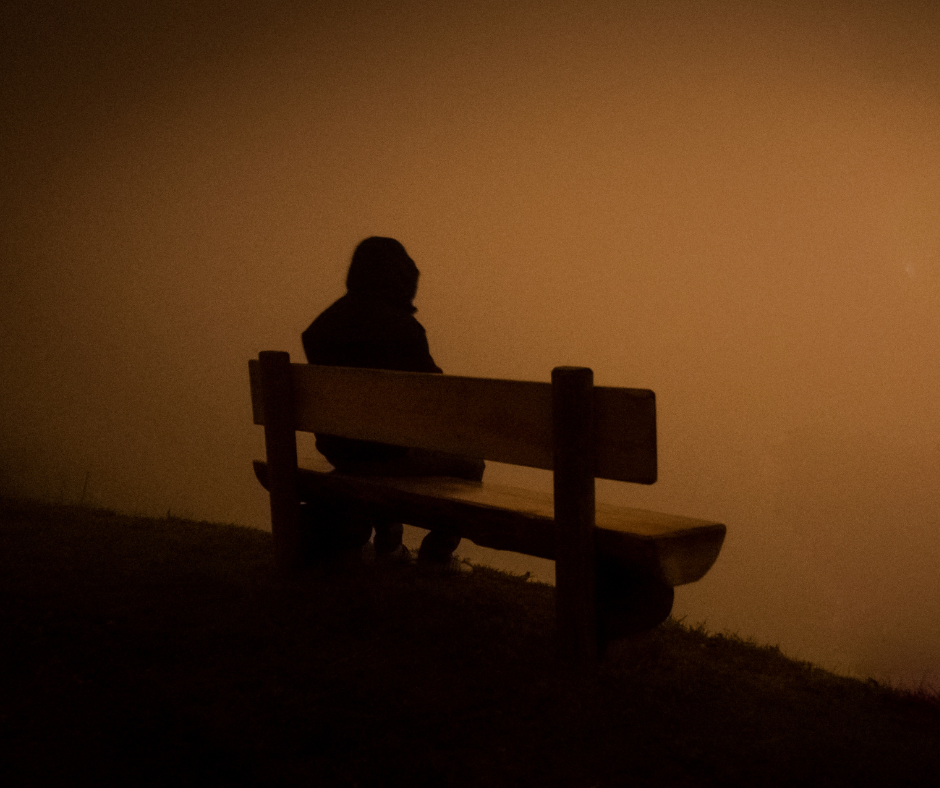

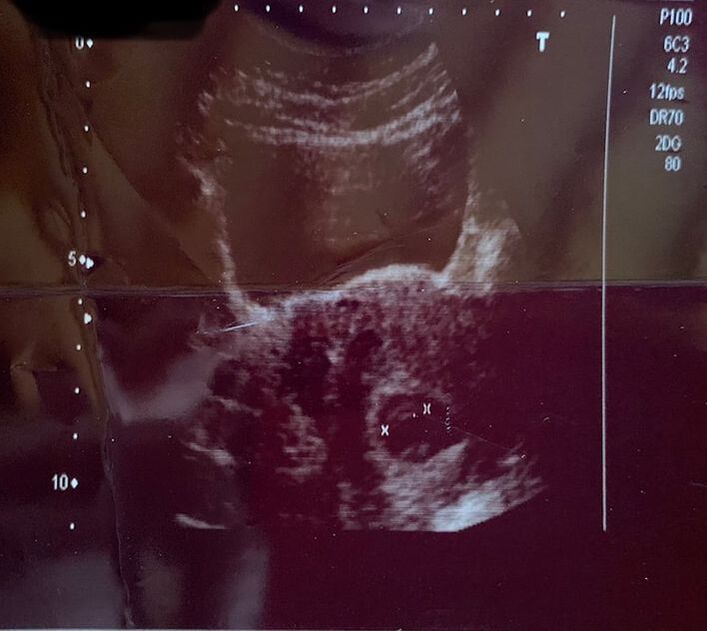
 RSS Feed
RSS Feed